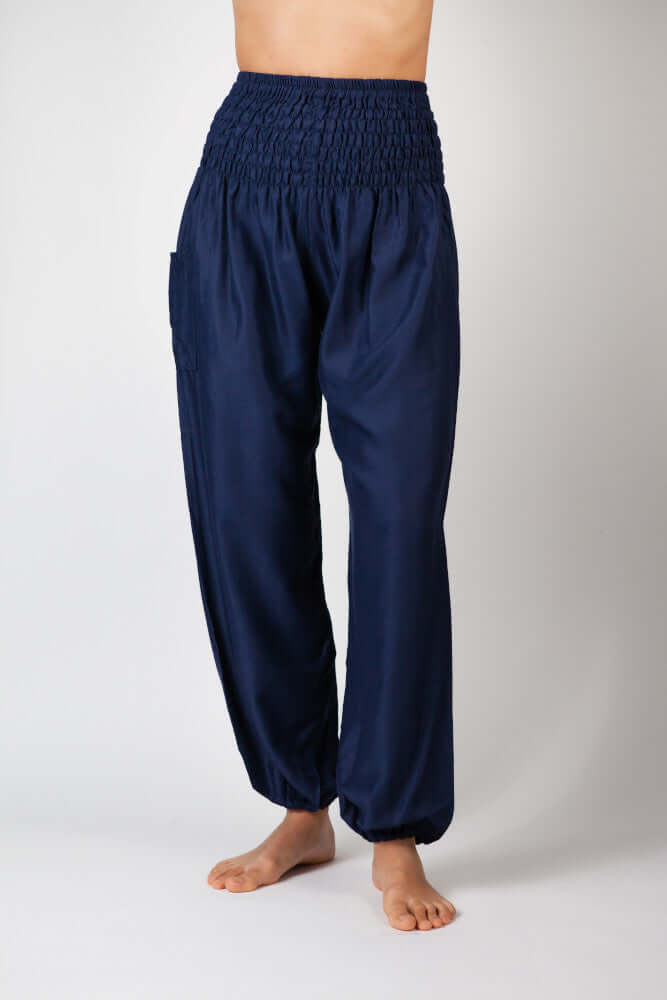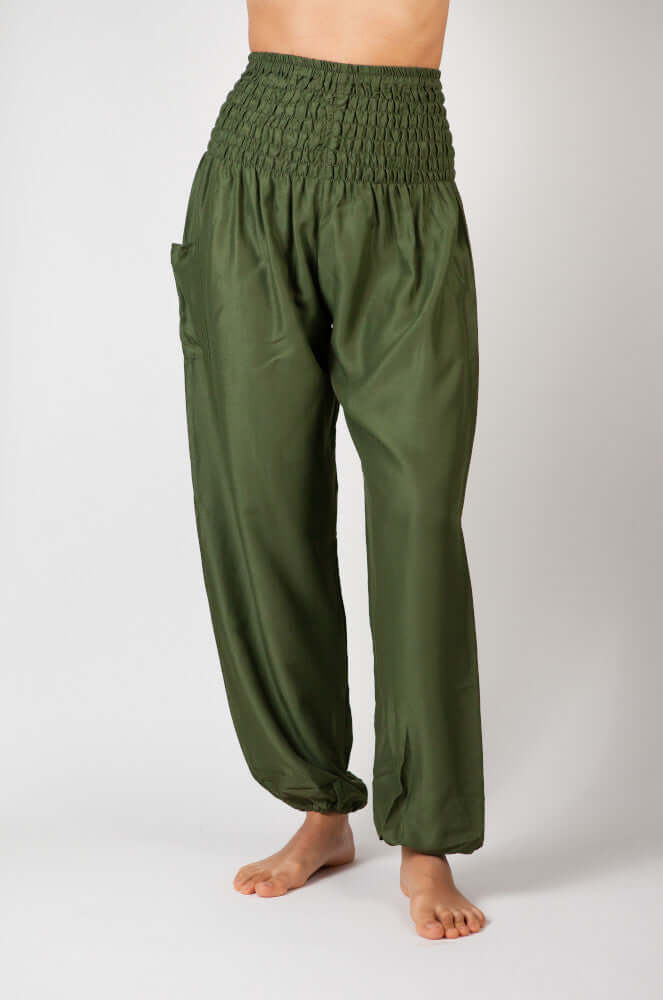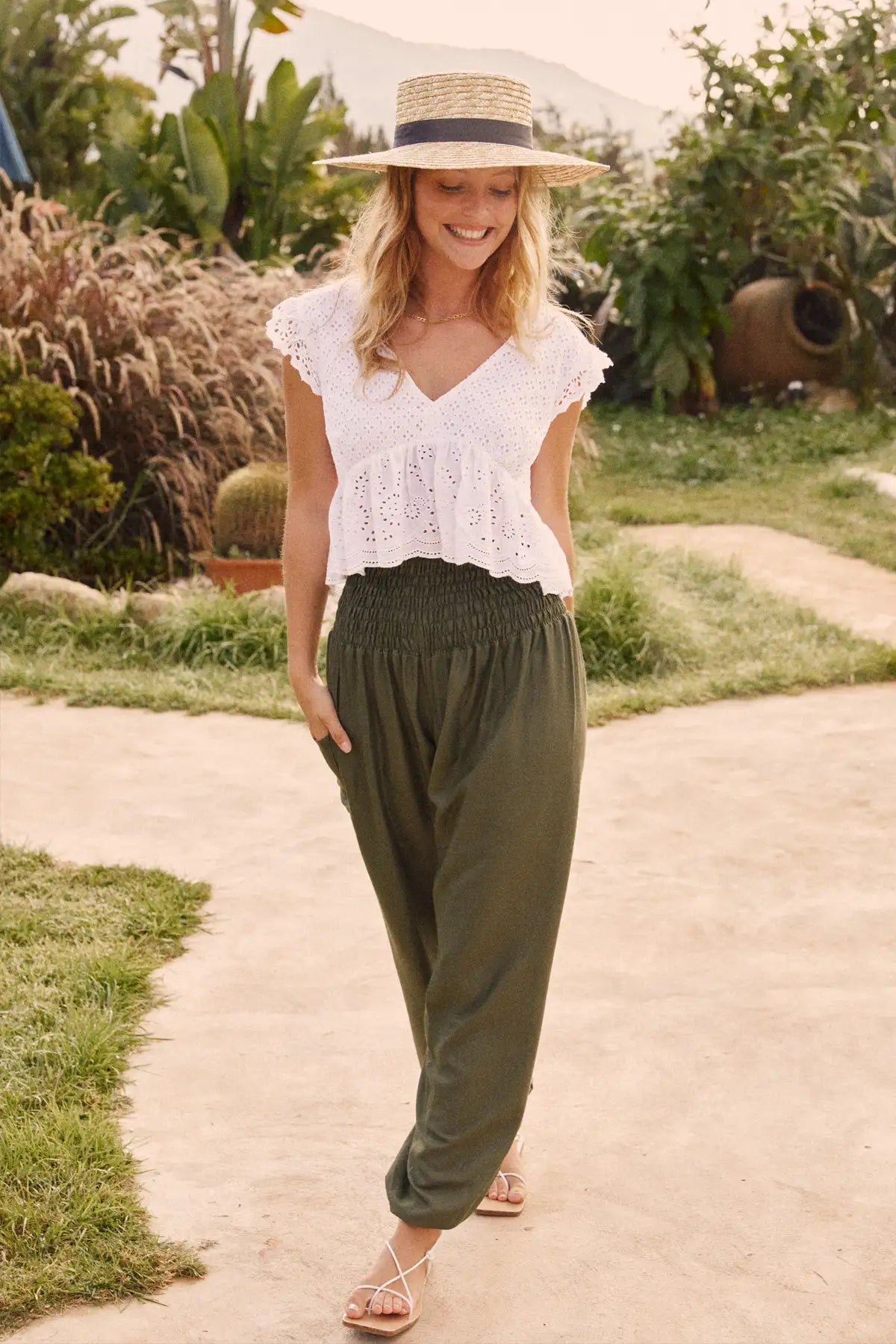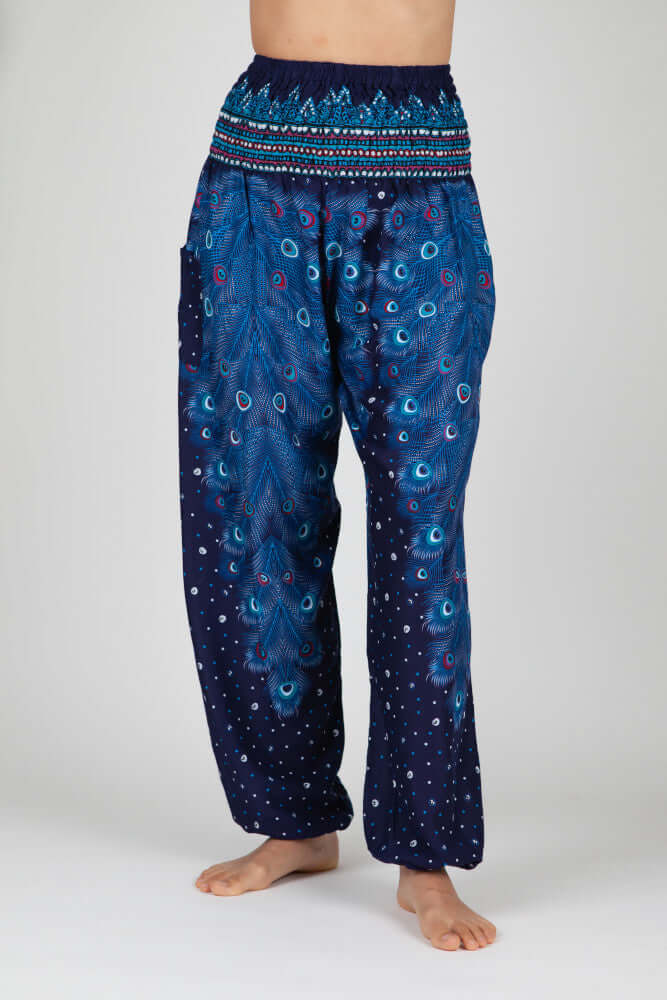
Inhaltsverzeichnis
Übers Bewerten und Nicht-Bewerten
Wie oft gehen wir wirklich wertfrei in eine Situation rein? Haben wir nicht eigentlich immer gewisse Vorstellungen oder Vorurteile? Vielleicht ist es ja auch gut so, voreingenommen zu sein. Aber wieso ist Wertfreiheit dann eine der Hauptsäulen von Achtsamkeit?
Wenn wir anfangen, unsere Gedanken zu beobachten, fällt uns schnell auf, dass wir ständig bewerten und beurteilen. “Möchte ich das?” “Ist das gut oder schlecht?” “Nützt mir das?” “Ihr Verhalten finde ich gerade echt nicht cool…” So geht das eigentlich den ganzen Tag lang. Das kann echt erschreckend sein. Die gute Nachricht ist, dass wir alle das tun. Und psychologisch gesehen ist das sogar echt sinnvoll.
Der Filter in unserem Gehirn
Jede Sekunde gelangen tausende von Informationen in unser Gehirn. Dort werden diese verarbeitet und wir erleben sie in Form von Gedanken oder Empfindungen. Doch das Gehirn kann nicht jede dieser Informationen bis ins kleinste verarbeiten, denn unsere Gehirnkapazität ist begrenzt. Deshalb filtert es die eingehenden Infos: Wichtiges wird uns bereitgestellt, unwichtige Dinge werden ausgeblendet. Das ist ein sehr augeklügeltes System und für uns höchst effizient.
Zum Beispiel sagt uns unser Gehirn “Achtung, eine Person läuft auf dich zu”. Diese Information wird an unsere Muskeln weitergeleitet und wir weichen aus; machen zum Beispiel einen Schritt nach links. Wie genau diese Person aussieht oder was sie trägt, wird nur zum Teil verarbeitet – eben weil es in dem Moment gerade Wichtigeres gibt. Diese Darstellung ist natürlich vereinfacht. Aber sie verdeutlicht, wie wir Dinge wahrnehmen.
Diesen eingebauten “Filter” des Gehirns hat jeder von uns. Aber welche und wie stark Informationen gefiltert werden, ist von Mensch zu Mensch unterschiedlich, zumindest bis zu einem gewissen Punkt. Was hat das ganze jetzt mit Bewertungen zu tun?
Wie Bewertungen uns helfen
Bewertungen entstehen durch Erfahrung. Wenn ich in meinem Leben drei mal Taxi gefahren bin und ich mit allen drei Taxifahrer/Taxifahrerinnen ein angenehmes Pläuschchen gehalten habe, dann werde ich sehr wahrscheinlich die allgemeine Meinung bilden, dass Taxifahrer “nette Menschen” sind. Hat man andere Erfahrungen gemacht, entstehen andere Meinungen. Unser Gehirn “kategorisiert” unsere Eindrücke. Dinge, die gehäuft zusammen auftreten, werden auch schneller zusammen erinnert. Es werden also Assoziationen gebildet. Denkt man beispielsweise an eine Kuh, dann denkt man ebenso schnell an “weiß”, “Milch”, “Wiese”, “Kalb” usw…
Die Bewertungen unseres Gehirns wollen uns also im Grunde nur das Leben erleichtern. Würde es alles neutral analysieren und abwägen, würde alles extrem viel länger dauern und wir könnten uns nicht auf das Essentielle konzentrieren. Stereotype und Vorurteile erleichtern uns die Einschätzung von Situationen, damit wir effektiv handeln können. Dass diese Bewertungen uns voreingenommen und weniger offen machen, ist eine andere Sache.
Was das ständige Bewerten mit uns macht
Wir haben gefühlt allem gegenüber eine Meinung. Und meist sind wir zutiefst davon überzeugt, dass unsere Meinung die richtige ist. Aber nicht nur explizite Meinungen (also Einstellungen und Wertvorstellungen beispielsweise) sind Bewertungen. Implizite Bewertungen laufen meist schnell und automatisch ab, ohne dass wir uns wirklich darüber bewusst sind. “Der Fensterplatz ist besser als der Platz am Tisch in der Mitte”, “Der Mann im Anzug sieht total arrogant aus”, “Dieses Shirt ist schrecklich, wie kann man das nur anziehen?”. Das alles sind Gedanken, die wir haben, aber meist gar nicht wirklich wahrnehmen, eben weil sie so schnell wieder weg sind und automatisch ausgelöst werden.
Die meisten unserer – expliziten und impliziten – Bewertungen stellen wir gar nicht in Frage. Sie sind Bestandteil unseres Autopilotenmodus und wir denken sie wieder und wieder.
Dadurch werden wir verschlossener, überzeugter von uns selbst und weniger offen anderen Meinungen gegenüber. Und genau hier setzt die Achtsamkeit ein.
Wie Wertfreiheit uns dabei hilft, achtsamer zu sein
Wertfreiheit im Kontext von Achtsamkeit heißt nicht, gar nicht zu bewerten. Wie du dir bestimmt vorstellen kannst, wäre das gar nicht möglich. Außerdem bilden unsere Meinungen, Einstellungen und Werte einen Bestandteil unserer Persönlichkeit.
Hier bedeutet Wertfreiheit viel mehr, den eigenen Bewertungen nicht sofort zu verfallen. Ihnen nicht die Macht zu geben, sondern die Situation einfach nur die Situation sein zu lassen, ganz ohne das eigene Urteil.
Dazu eine kleine Anekdote aus meinem Studium:
Einmal ging es in einem Seminar um Verhaltensbeobachtung. Die Beobachtung von Verhalten ist in mehreren psychologischen Kontexten nützlich und gebräuchlich, vor allem aber im Rahmen der Diagnostik. Als Übung sollten wir das Verhalten eines Kommilitonen von uns beschreiben. Dabei merkten wir schnell, wie schwer es ist, ein Verhalten ganz objektiv, ohne Wertungen zu beschreiben. “Er hat einen traurigen Gesichtsausdruck. Sein Körper ist vornübergebeugt, er wirkt sehr müde.”
Der Ausdruck “traurig” enthält bereits eine Wertung. Eine objektive Beobachtung wäre zu sagen, dass seine Mundwinkel heruntergezogen sind, ihm Tränen in den Augen stehen oder dass er die Stirn runzelt. Auch die Aussage “Er wirkt sehr müde” ist nicht objektiv. “Wirken” impliziert eine Bewertung. Was genau bedeutet “sehr”? Woran machst du fest, dass er “müde” sei?
In dem Moment wurde mir erst so richtig klar, dass wir unser gesamtes Leben herumlaufen und quasi ohne Pause bewerten: Dinge, Personen, Umstände, Situationen, Ereignisse…
Zurück zur Achtsamkeit
Sich den eigenen Gedanken und Bewertungen bewusst zu werden, ist bekanntlich der erste Schritt. Denn wenn wir öfter bemerken, dass wir gerade etwas bewerten, öffnet das in unseren Köpfen einen Raum.
Wir sind empfänglicher und offener. Wir können rationaler denken und unsere Emotionen und Reaktionen bewusster steuern. Und zuletzt sind wir anderen gegenüber unvoreingenommener und geben jedem gleichermaßen eine Chance. Vielleicht ist der Anzugträger ja gar nicht arrogant, sondern gerade nur gestresst? Okay, das Shirt gefällt mir nicht, aber was tut das auch zur Sache? Es scheint die andere Person glücklich zu machen, also ist es eigentlich none of my business. Nur weil ich gerade einen muffigen Taxifahrer hatte bedeutet das nicht, dass alle Taxifahrer so drauf sind…
Das ständige Beurteilen führt darüber hinaus häufig zu unreflektiertem Handeln. Wir reagieren im Autopilotenmodus, ohne uns darüber im klaren zu sein, dass wir selbst entscheiden können, wie uns die Situation fühlen lässt oder wie wir darauf reagieren. Du hast die Wahl: Lässt du dich von deinen Gefühlen leiten oder machst du einen Schritt zurück, blickst objektiv auf das Geschehene und entscheidest dann selbst, wie du dich verhalten möchtest?
Wie wohl alle Aspekte von Achtsamkeit ist auch das eine Sache der Übung. Wie gesagt, wir denken und bewerten die meiste Zeit des Tages. Da ist es schwer, von jetzt auf gleich objektiv auf sich selbst und die Situation zu blicken. Doch ein erhöhtes Bewusstsein darüber, dass wir ständig bewerten, ist schon mal viel Wert. Nach und nach können wir immer öfter aus dem Autopilot raus und wieder selbst das Steuer in die Hand nehmen…
Wenn dir das gefallen hat und du noch mehr über gesunde Ernährung, Achtsamkeit oder Nachhaltigkeit erfahren möchtest, schaue dir hier viele weitere spannende Blog-Artikel zu diesen Themen an.





























1 comment
Schön, dass hier die selektive Wahrnehmung auch als Bewertung gesehen wird. Einige Verfechter der Achtsamkeit und auch Verhaltenstherapeuten sind tatsächlich der Ansicht, dass Bewertungen bei entsprechender Übung gänzlich aus dem Denken eliminiert werden können.
Bewertungen zu reflektieren, zu reframen, die Vielschichtigkeit der Deutungsmöglichkeiten zu sehen und zu versuchen, automatisiertes Verhalten zu durchbrechen – sind tägliche Herausforderungen, denen wir uns stellen sollten, um glücklicher zu leben und sich selbst und andere weniger zu verletzen.
Uwe Trapp
Leave a comment
This site is protected by hCaptcha and the hCaptcha Privacy Policy and Terms of Service apply.